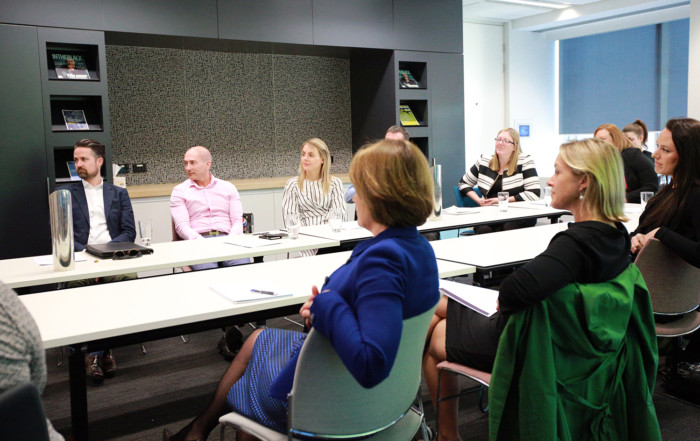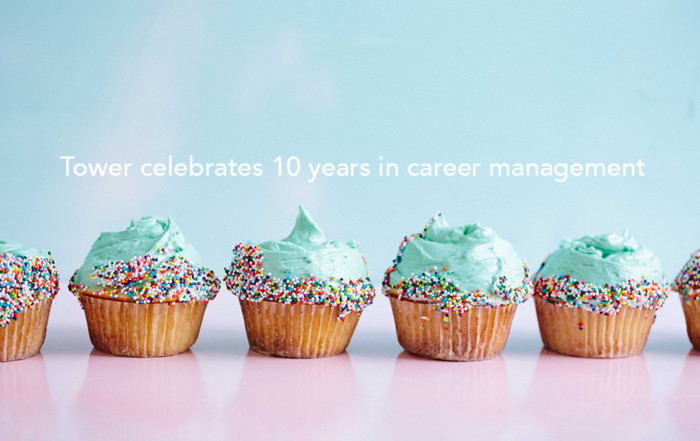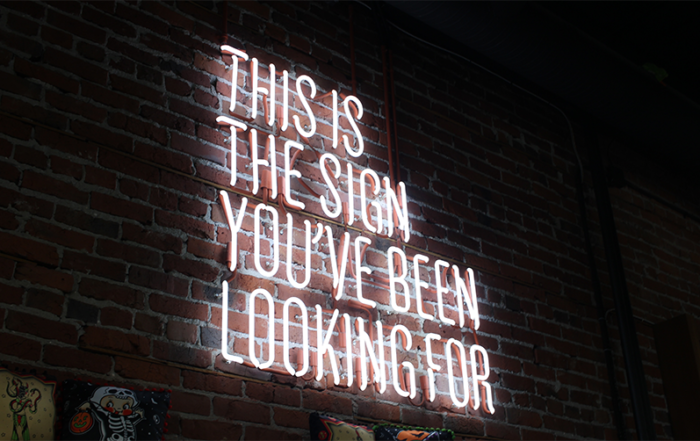
Tower in 5 generations
As Generation Z (or Gen 2020) has begun entering the workforce, we now have five generations working together side-by-side.
This has been a hot topic of discussion these past couple of years, particularly as organisation dynamics are being reshaped and employers are having to balance the needs and working styles of five very different generations.
Considering that Tower now has a team that spans across five generations, we thought it an appropriate time to review what this means for us and the workplace.
We have always believed in the advantages of diversity, and having multiple generations working in the one organisation brings a multitude of perspectives, values and skill sets.
Of course, every individual is different – not all Millennials are tech wizzes! We also know, based on our own work and backed by the research of Birkman®, no generation is marked by a specific personality type. There’s “no such thing as a Millennial personality type”, even if very often generations are labelled with stereotypes and anecdotal observations.
What we do see however is that even though there is the same distribution of personality types amongst each generation, how these personality characteristics present themselves can look very different. This is because each generation is impacted and shaped by world/national events, influences and generational values.
Development opportunities
It’s not easy for organisations to balance the different needs and workings styles of its employees, let alone spread amongst five very distinct generations. We know that with difference can come conflict, generalisations and unconscious bias.
What we often see are misinformed stereotypes about a generation’s personality style. It’s common that individuals are criticised on a generational scale when workplace conflict arises, when it’s more likely to be because of a clash of personality differences. In teams, this can be particularly harmful.
The best advice we can ever give is to embrace difference; encourage constructive dialogue between colleagues and teams, and try to avoid the “one size fits all” approach, because it never does. Provide your employees with opportunities to both:
- understand and gain insight into what their own individualities and needs are
- understand what the behavioural styles and needs of their colleagues and team members are
We offer organisations various team building and development opportunities, like Optimising Performance, to help their employees understand how their own needs and behavioural style relates to their team members. Using international psychometric assessment tools like The Birkman Method®, Personal Directions® and PRINT® allows our Consultants to coach individuals both 1:1 and in a group setting, and easily identify – and thus aim to develop – core differences in working styles, motivators and values.
If you would like to discuss with us further anything we’ve mentioned in this article, or about development opportunities for you team, please contact us.
To read more about The Birkman Method®, Personal Directions® or PRINT®, please click here.





